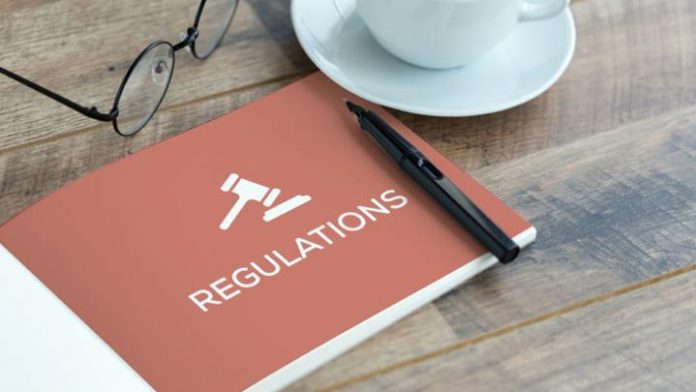US state Florida promotes itself as a medical tourism destination but 8 deaths at a group of clinics may lead to state legislation.
Senator Anita Flores has filed Senate Bill 732 (2019) where cosmetic surgery centres must be owned by Florida-licensed physicians in good standing and be registered with the state Department of Health. The Department of Health would be able to close centres that fail to comply with certain provisions.
The bill would also bar physicians affiliated with closed clinics from opening new surgery centres for a five-year period and would ban the transfer of centre registrations when clinics are sold. It also redefines ambulatory surgery centres.
Flores explains, “The bill addresses a regulatory void that allowed two Southeast Florida cosmetic surgery centres to thrive, despite a mounting death toll. I just want to make sure people are safe.”
Two Miami clinics overseen by physician Ismael Labrador lost eight patients over the past six years. Labrador changed the names of the centres three times as the deaths mounted. The name changes made it more difficult for patients to connect the deaths to the clinics, now known as Jolie Plastic Surgery.
Flores’ bill identifies types of procedures that are performed in surgical centres. It would require physicians to register as surgical centres if they perform any of these procedures:
- Level I procedures involve minimum sedation and include excising of skin lesions, stitching of lacerations, drainage of cysts and casting simple breaks
- Level II procedures are more complex and require moderate sedation and include procedures such as hernia repair, large joint dislocations, colonoscopies and liposuction procedures involving the removal of up to 1,000 cubic centimetres of supernatant fat
- Level III procedures are the most medically complex, requiring deep sedation with general anaesthesia or spinal, regional or epidural anaesthesia
The bill would ban Level III procedures from being performed at centres unless physicians have hospital-admitting privileges or the centres have emergency transportation agreements with nearby facilities.
Level III procedures cannot be performed on older patients without complete medical workups.
The bill also would mandate that anaesthesiologists be on site and available for high-risk procedures and that physicians who perform those procedures meet certain requirements.








 ©2024 All rights reserved LaingBuisson
©2024 All rights reserved LaingBuisson 


